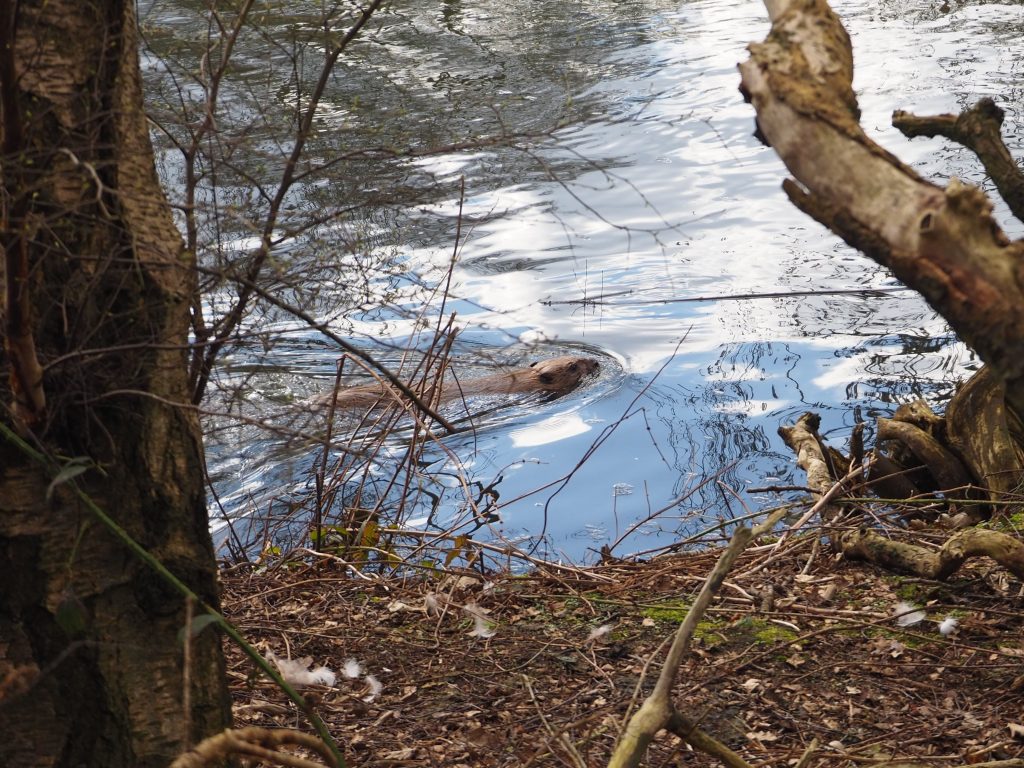Sad Loss for Trentham: Original Female Beaver Dies After Boosting Population to Eight

It is with great sadness that Trentham Estate announces the death of the original female Eurasian Beaver introduced to Trentham Estate in 2023. Her body was discovered on 27th May by the Wildlife Ranger team. The original beaver family of a young female kit and adult pair were translocated to the estate in Spring 2023. They quickly settled, successfully breeding in 2023 and 2024, with the population at Trentham reaching eight animals.
The beaver family were established on the lake at Trentham Estate as part of the Estate’s ongoing restoration projects to both further enhance the estate’s biodiversity and restore the historic landscape. This keystone species is a vital ecosystem engineer which can create and improve habitats for a broad range of species including invertebrates, fish, amphibians, birds and other mammals as well as helping to mitigate the effects of climate change.
In support of ongoing scientific based conservation work lead by Natural England and the Beaver Trust the animal will be examined by Zoological Society of London who will look to establish the cause of death.
The remaining seven Beavers have continued to be actively feeding and interacting, and their health and wellbeing is monitored by our Wildlife Rangers. The team share their field observation skills and knowledge on our regular Beaver Safaris and educational visits as part of the estates ongoing engagement with the public, supporting the reintroduction of this species in England through education and engagement activities.
Later in the year Trentham’s team will be working with Beaver Trust to translocate adult females from this family to other sites to continue the healthy genetic diversity of British populations and this adult’s legacy of re-establishing beavers across Britain.
Dr Roisin Campbell Palmer, Head of Restoration at Beaver Trust, said: “We are deeply saddened by the loss of the female adult beaver at Trentham Gardens. She was a healthy, experienced mother when we trapped and translocated her, and regular monitoring since release had shown no cause for concern. Although deaths do occur in wild populations, losing an adult female is especially hard for a close-knit family group like this one. A full post-mortem examination will be carried out to determine the factors involved.
Our immediate priority is to keep a close watch on the remaining beavers and, later in the year, to explore rehoming options for the young before introducing a suitable new female. Because the mating season has passed, there is no imminent risk of inbreeding, giving us time to plan the best way forward for the family’s long-term welfare.”
